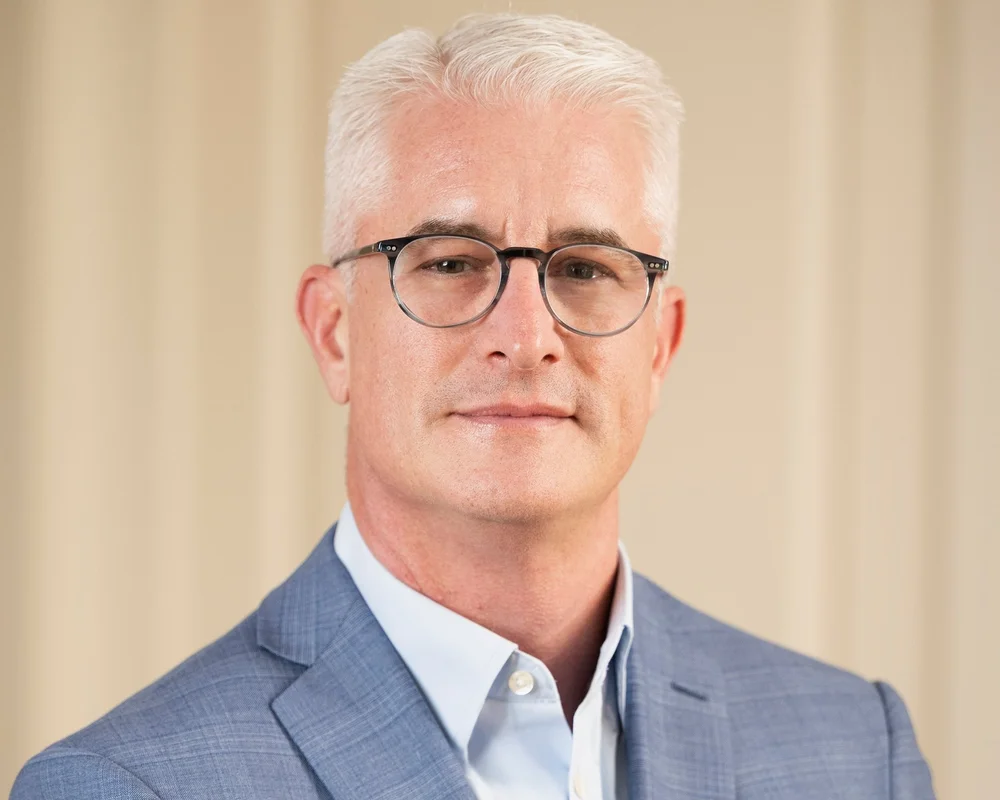After six years of letting the bureaucrats and lobbyists dance largely unsupervised, President Obama today entered the debate. As one might expect from his politcal roots, he weighed in solidly on the side of net neutrality as originally envisioned — no fast lanes or anything of that sort.
Of course, that general orientation has been his position for a long time, but he’s been relatively quiet about it. A mere week after the elections, he is lining up behind public opinion as exemplified by the huge flood of comments submitted to the FCC over the past six months. Someone might want to tell him that taking popular opinions about things ordinary people actually care about *before* an election is generally a better move. But I digress.
Today Obama called for the regulation of consumer broadband services as a public utility under Title II, which the industry really does not want, and for an explicit ban on paid prioritization that could prevent even the paid peering deals Netflix has been forging noisily all year. It would seem to undermine the compromise approach that FCC Chairman Tom Wheeler is said to have been floating. In those, it was the wholesale side that would get the FCC’s attention while on the retail side the door would remain open to things that might not be so neutral.
As one might expect, the responses have been swift. Public advocates love the idea, most telecommunication and cable industry associations do not, and journalists of all stripes are just happy to have an easy article to write that keeps the controversy going. Not that it wasn’t going pretty steadily already.
Whether Obama’s weight behind the consumer advocate side of the net neutrality issue means all that much is unclear. We’re now into the ‘lame duck’ part of his presidency, with this one lamer than usual given the drubbing his party took in Congress last week. It’s not as if threatening to fire Tom Wheeler, should he not tow the correct line, is a real threat since by putting the issue in the spotlight he likely can’t get a replacement confirmed anyway.
On the other hand, perhaps what we need is a climactic battle to break the logjam. As Obama wades in, perhaps so will others who had been waiting to see what happened. And you know, some bipartisan idea might sally forth and win the day. Hah, as longshots go I think I’d rather bet on the Cubs winning the World Series next year…
If you haven't already, please take our Reader Survey! Just 3 questions to help us better understand who is reading Telecom Ramblings so we can serve you better!
Categories: Government Regulations · Internet Traffic






Title II seems like the right way to go UNLESS it comes with conditions so onerous for the content community that the net neutrality gift is more look more like a set of shackles.
For starters this looks like a some sort of weird quid pro quo for giving Comcast approval for its TWC acquisition.
More importantly, Obama’s love for net neutrality may come with access charges, or what I’ve called on these comment pages*, a switched packet access regime (or SPAR).
*most recent SPAR comments here
http://www.telecomramblings.com/2014/03/struggle-interconnection-peering-heats/#comment-16086
A SPAR does not discriminate against any particular content provider because it discriminates against ALL content providers by charging each an access charge for the packets they send.
Of course, deep pocketed content companies can more easily pay an access charge than a start-up that would need to build SPAR costs into its early stage revenue model. Consequently, this could harm the start-up community far more than it would hurt stalwarts like Google, Apple or Amazon.
We’ll see how this unfolds but any structure that doesn’t charge the user (i.e., me and you) for the packets we consumer and, instead, cross-subsidizes end user revenue with content provider access charges risks ensuring an ISP duopoly in each market. This is because new entrants with new technologies will face insurmountable challenges to charge end users fees low enough to attract them to a new ISP.
Enacting any further regulation in this regard only cements the duopoly. How likely am I to gain further investment in my access business with increasing government regulation telling me what I can and can’t do? We continually complain about the lack of competition on the content side if we don’t, but if we do, there will be a lack of competition on the access side.
If Obama is wading in, you can rest assured it will be a convoluted morass of new regulations and costs borne by all.
Sounds like a knee jerk reaction to Obama as opposed to knowing what the heck you are talking about. Republicans are opposed to regulations period without any clear understanding of why they are necessary.
I guess you were out of town and did not hear the news on the results of the midterm elections. YOU LOST….
“weird quid pro quo” would likely be a correct assumption given the history between the two